Politics
Human society is always surrounded by politics of some sort. Whether it is the basic negotiation of leadership and obedience of rules for clans or soldiers or, the more sophisticated set up of the modern world the relationship of control and decision making is always around. Grouped together in this strand are articles and podcasts covering the systems of the ancient world in Greece and Rome, alongside the stories of revolution in Europe, the creation of treaties and alliances and the arguments amongst political parties today.
Sort by:
Date (Newest first) | Title A-Z
Show:
All |
Articles |
Podcasts |
Multipage Articles
-

Film: Brezhnev's legacy
ArticleClick to view -

Film: Brezhnev and Détente
ArticleClick to view -

Film: Brezhnev's agenda
ArticleClick to view -

Film: From Khrushchev to Brezhnev
ArticleClick to view -

Film: Brezhnev's early life and career
ArticleClick to view -
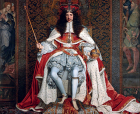
The Exclusion Crisis (1679–81)
ArticleClick to view -

Film: Lenin and the 1917 Revolutions
ArticleClick to view -
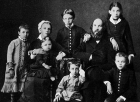
Film: Lenin's origins
ArticleClick to view -

Film: Lenin, the 1905 Russian Revolution and WWI
ArticleClick to view -

Film: Lenin's early thought
ArticleClick to view -
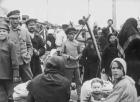
Film: Lenin and the birth of Soviet Russia
ArticleClick to view -
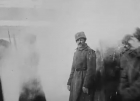
Film: Lenin and the Russian Civil War
ArticleClick to view -
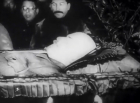
Film: Lenin's legacy
ArticleClick to view -

Films: Khrushchev – Interpretations
9th October 2024Click to view -

Film: Khrushchev - Background
ArticleClick to view -

Why White Liberals Fail: United States politics in an election year
ArticleClick to view -
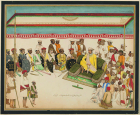
Real Lives: Maharaja’s German: Anthony Pohlmann in India
ArticleClick to view -

The Importance of Truth, Quality and Objectivity in the BBC German Service from 1938 to 1945
ArticleClick to view -

Who only history know? Cricket, society, and the historical oversight of sport
ArticleClick to view -
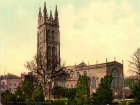
Out and About in ‘The most Loyal and Ancient City of Taunton’
ArticleClick to view

